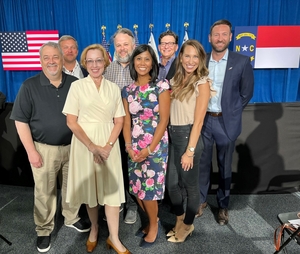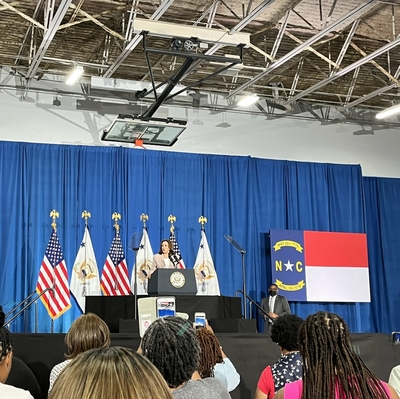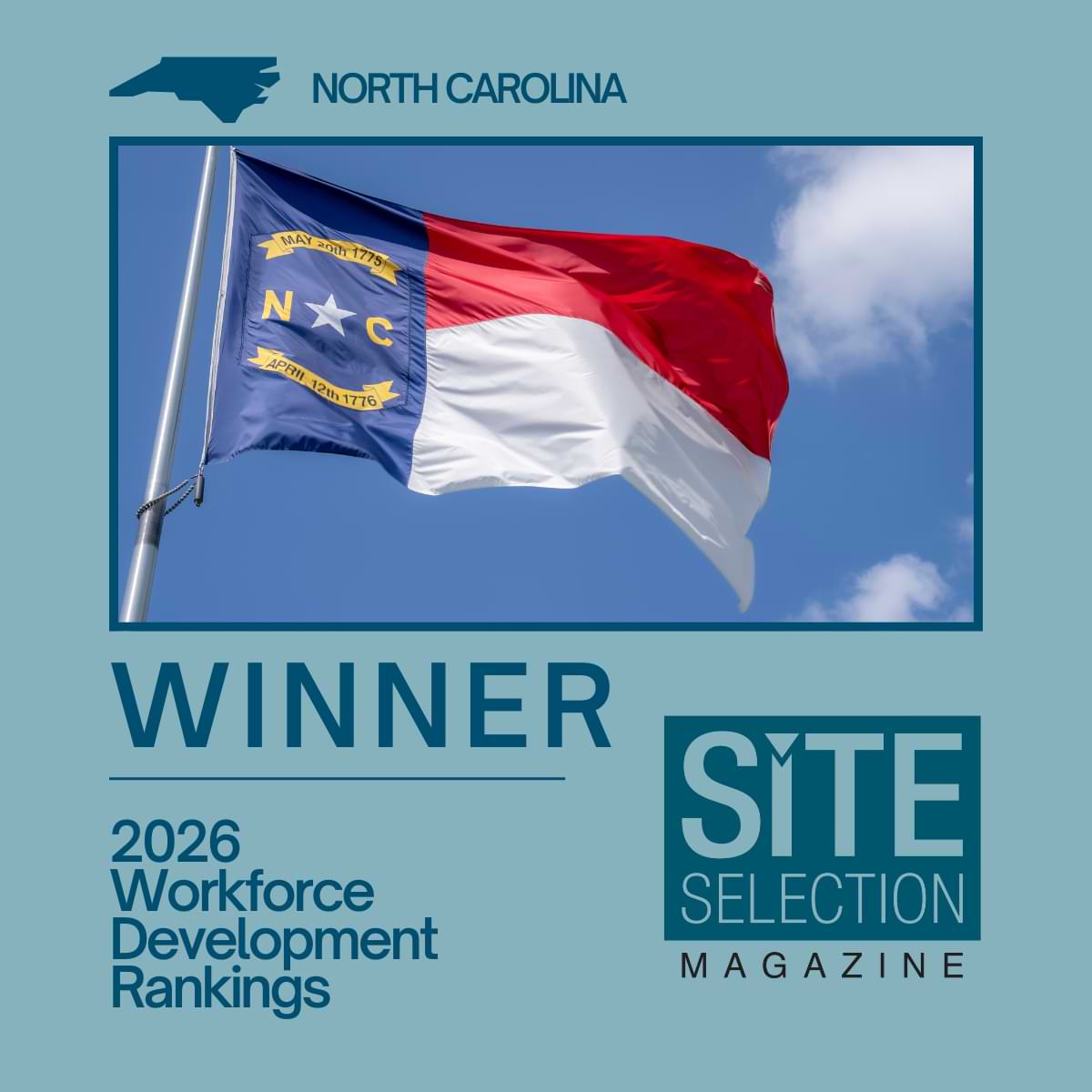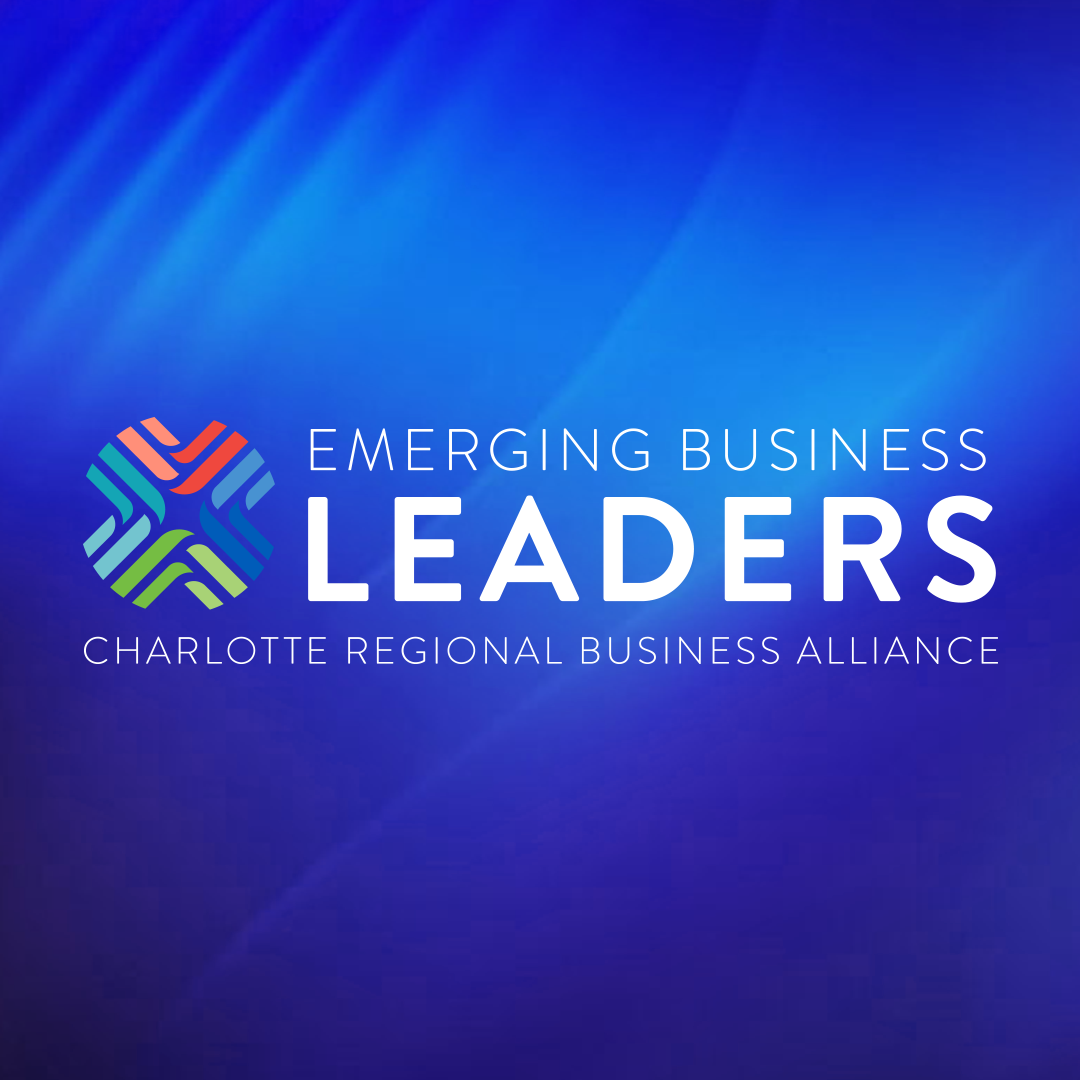Vice President of the United States Kamala Harris traveled to Charlotte on Thursday to discuss the Biden-Harris Administration’s investments in affordable, high-speed internet.
Harris spoke about the Affordable Connectivity Program (ACP), a federal benefit program administered by the FCC that helps ensure that households can afford the broadband they need for work, school, health care and more.
“High-speed internet is not a luxury, it is a necessity,” Harris said. “Students use the internet for so many reasons in pursuit of their education. Workers use the internet to find jobs and training. It is essential to our daily lives and yet more than 30 million people in the U.S. do not have access, and millions more cannot afford high-speed internet plans.”
The ACP provides a discount of $30 per month toward internet service for eligible households. Families can also receive a discount to purchase a laptop or computer.
Harris toured a computer lab at the Carole A. Hoefener Community Services Center in uptown Charlotte, and had the opportunity to talk with people who are benefiting from the ACP.
Harris also delivered remarks about the importance of investing in internet access. Harris asked community members, leaders, and local government to spread the word about accessing affordable, high-speed internet.
“We know when we connect folks with high-speed internet, it’s also a connection to opportunity,” Harris said.
Charlotte Regional Business Alliance® President and CEO Janet LaBar was among the delegation of community leaders invited to Harris’ visit.

President and CEO Janet LaBar and community leaders
Charlotte has made significant strides toward investing in, expanding, and supporting internet access.
Harris pointed to the success of the Queens University of Charlotte Center for Digital Equity as a national example. The Center for Digital Equity has the ambitious goal to make Mecklenburg County the most digitally equitable community in America. According to its website, “The Center for Digital Equity is the backbone organization for a collective impact strategy bringing together residents, public, and private sector partners to co-create solutions allowing every resident the opportunity to thrive in our modern culture.”
Bridging the Digital Divide is one of the four priority focus areas of the Mayor’s Racial Equity Initiative. The initiative, which launched in fall 2021, strives to provide solutions-driven, measurable strategies that produce equitable access, opportunities, treatment, and outcomes for Charlotte’s communities of color.
According to Gov. Roy Cooper, 1 million people in North Carolina are “still on the wrong side of the digital divide.”
The governor said 19% of families in North Carolina are still not connected.
North Carolina was the first state in the country to establish an Office of Digital Equity and Access.
“Thanks to ACP, we have resources to deploy,” Cooper said. “When we close the digital divide, we open up opportunities.”



